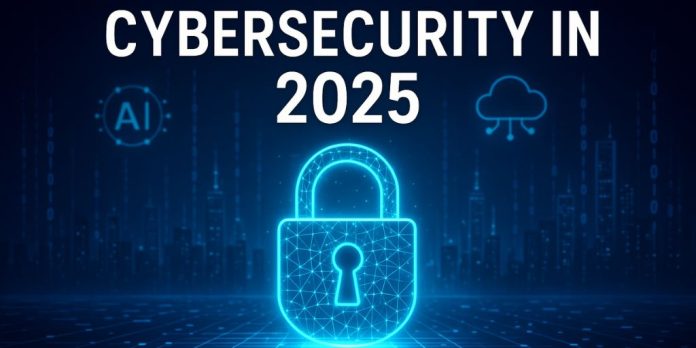Introduction: In today’s digital world, cybersecurity is no longer a luxury—it’s a necessity. With cyberattacks increasing in sophistication and frequency, individuals and businesses alike are asking one key question: How can I protect my digital life? Whether you’re a business owner, an IT professional, or just someone who values their privacy, cybersecurity holds the key to peace of mind, financial stability, and long-term success.
Why Cybersecurity Matters More Than Ever
From the rise in ransomware attacks to data breaches affecting millions, the digital landscape is more dangerous than ever. According to recent reports, a cyberattack occurs every 39 seconds. That’s nearly 2,200 attacks per day.
Some effects of cyberattacks include:
- Loss of data: Imagine losing all your personal files, financial data, or client information in one click.
- Financial impact: The average cost of a data breach for businesses is over $4.45 million globally.
- Emotional stress: Anxiety, fear, and a sense of helplessness after an attack are real and damaging.
The Dream
Everyone dreams of a future where they can use technology without fear:
- A business that thrives without the constant threat of cybercrime.
- A personal life where data and privacy are respected and protected.
- A career in tech that aligns with the cutting edge of cybersecurity innovation.
The good news? That future is possible—with the right knowledge and tools.
Core Cybersecurity Principles Everyone Should Know
- Protect Your Identity and Access
- Use multi-factor authentication (MFA) for all sensitive logins.
- Never reuse passwords—use a password manager instead.
- Use multi-factor authentication (MFA) for all sensitive logins.
- Keep Systems Updated
- Regularly update your operating systems, apps, and plugins.
- Patch management is critical—most breaches exploit known vulnerabilities.
- Regularly update your operating systems, apps, and plugins.
- Be Aware of Social Engineering
- Phishing emails are the #1 way hackers gain access.
- Train yourself (and your team) to spot suspicious links, language, and behavior.
- Phishing emails are the #1 way hackers gain access.
- Use Antivirus and Firewalls
- Reliable antivirus software protects against malware and viruses.
- A properly configured firewall blocks unauthorized access.
- Reliable antivirus software protects against malware and viruses.
- Secure Your Wi-Fi and Devices
- Use strong encryption (WPA3) on home and office networks.
- Don’t connect to public Wi-Fi without a VPN.
- Use strong encryption (WPA3) on home and office networks.
For Businesses
Business owners face an even greater burden—one breach could mean the end of everything you’ve built.
Actionable Steps:
- Conduct regular risk assessments.
- Train employees with ongoing cybersecurity education.
- Create an incident response plan before an attack happens.
- Invest in cyber insurance to cushion the blow of potential losses.
For Individuals
You don’t have to be a tech expert to take control. Start small:
- Lock your phone and enable device encryption.
- Use privacy-focused browsers like Brave or Firefox.
- Regularly back up data to secure, offline storage.
The Future of Cybersecurity
As AI, IoT, and quantum computing evolve, so do cyber threats. The cybersecurity industry is rapidly growing, and cybersecurity jobs are in high demand. It’s a great time to consider a career in this space, whether you’re starting out or upskilling.
Top Career Paths:
- Cybersecurity Analyst
- Ethical Hacker (Pen Tester)
- Cloud Security Engineer
- Security Architect
These roles not only offer job security, but also the chance to make a real difference in protecting people and systems.
Conclusion
Cybersecurity is about more than just technology—it’s about protecting your future. Whether you’re safeguarding your personal data or securing an entire business infrastructure, the right strategies can give you confidence and control in a digital world that often feels unpredictable.
Take the first step today. Educate yourself. Implement best practices. Stay informed. Because in cybersecurity, prevention is far more powerful than recovery.

